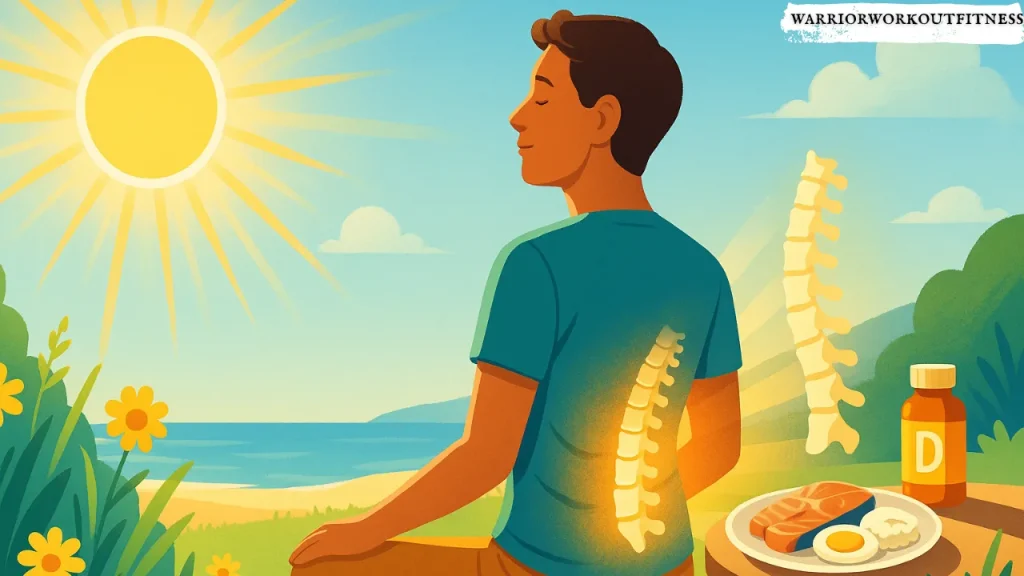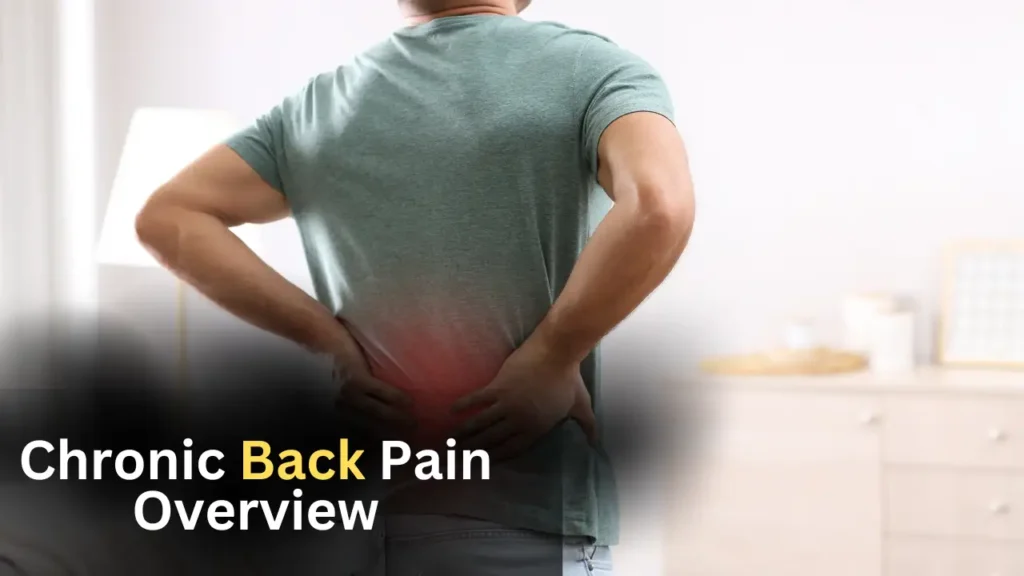The Surprising Link Between Vitamin D and Chronic Back Pain

Chronic back pain affects millions worldwide, making daily activities challenging and reducing overall quality of life. While common causes like poor posture or injury are well-known, recent research has uncovered a surprising factor: Vitamin D deficiency. But how exactly does this “sunshine vitamin” relate to back pain? Let’s explore the connection and what you can do about it.
Understanding Vitamin D
What is Vitamin D and Its Role in the Body?
Vitamin D is a fat-soluble vitamin crucial for several bodily functions. It helps regulate calcium and phosphorus levels, supporting strong bones and healthy muscles. Your body primarily produces Vitamin D through sunlight exposure, but you can also obtain it from certain foods like fatty fish, egg yolks, and fortified dairy products.
- Many people worldwide suffer from Vitamin D deficiency, especially those in regions with limited sunlight or who spend most of their time indoors.
- Common causes include:
- Limited sun exposure
- Poor dietary intake
- Certain medical conditions affecting absorption
- Signs and symptoms include:
- Fatigue
- Muscle weakness
- Bone pain
Vitamin D Deficiency
Chronic Back Pain Overview

What is Chronic Back Pain?
- Chronic back pain lasts longer than three months and can stem from various causes, including:
- Muscle strain
- Herniated discs
- Arthritis
The Impact on Quality of Life
Living with back pain affects not only physical health but also mental well-being. Constant discomfort can lead to anxiety, depression, and sleep disturbances.
The Science Behind Vitamin D and Chronic Back Pain
How Vitamin D Affects Bone and Muscle Health
Vitamin D is essential for calcium absorption, which strengthens bones. It also supports muscle function, reducing the risk of spasms and injuries. A deficiency can weaken these systems, potentially leading to chronic pain.
Vitamin D and Inflammation
Inflammation is a key factor in chronic pain. Vitamin D has anti-inflammatory properties, which help reduce pain and swelling in muscles and joints. Studies suggest that adequate Vitamin D levels can lower inflammatory markers, potentially alleviating back pain.
Research Findings on Vitamin D and Chronic Back Pain
Key Studies and Their Results
Several studies have explored the connection between Vitamin D deficiency and chronic back pain. For instance, a study published in the Journal of Pain found that patients with low Vitamin D levels reported more severe back pain than those with normal levels. Another study indicated that Vitamin D supplementation reduced pain intensity in individuals with chronic back issues.
Expert Opinions and Medical Insights
Medical professionals increasingly recognize the role of Vitamin D in managing chronic pain. They recommend testing Vitamin D levels in patients with unexplained back pain to rule out deficiency as a contributing factor.
Identifying Vitamin D Deficiency in Chronic Back Pain Sufferers
- Diagnostic Methods
- A simple blood test can measure your Vitamin D levels. If you experience persistent back pain along with other deficiency symptoms, consult a healthcare provider for evaluation.
- When to See a Doctor
- If over-the-counter treatments and home remedies haven’t relieved your back pain, or if you suspect a Vitamin D deficiency, it’s crucial to seek medical advice.
Increasing Vitamin D Intake for Pain Management
- Natural Sources of Vitamin D
- Sunlight: Spend 15-30 minutes in the sun daily.
Dietary Sources: Include foods like salmon, tuna, egg yolks, and fortified cereals in your diet. - Vitamin D Supplements
- Supplements are often necessary for those with significant deficiencies. The recommended daily allowance (RDA) varies based on age and health conditions, so consult your doctor before starting supplements.
You can read this too ; Top 5 Doctor-Recommended Ways to Treat Vitamin D Deficiency
Potential Risks of Overconsumption
Too much Vitamin D can lead to toxicity, causing symptoms like nausea, kidney damage, and bone pain. Always stick to the recommended dosage.
Complementary Strategies for chronic Back Pain Relief
- Exercise and Physical Therapy
- Regular exercise strengthens back muscles, reducing pain. Physical therapy can also provide targeted relief.
- Nutrition and Overall Wellness
- A balanced diet supports overall health, enhancing the effectiveness of Vitamin D in your body.
- Lifestyle Changes
- Improving posture, managing stress, and ensuring proper ergonomics can significantly reduce chronic back pain.
Common Myths and Misconceptions
Some believe that Vitamin D is a cure-all for back pain, but it’s only one part of a comprehensive treatment plan. Others think you can’t get too much Vitamin D, which isn’t true—balance is key.
Conclusion
The link between Vitamin D and chronic back pain is more significant than many realize. Ensuring adequate Vitamin D levels can help alleviate pain and improve overall well-being. If you suffer from chronic back pain, consider checking your Vitamin D levels and adopting a holistic approach to manage your symptoms.
FAQs
- Can taking Vitamin D alone cure back pain?
No, but it can significantly help if deficiency contributes to your pain. - How long does it take for Vitamin D to improve back pain?
It varies but can take a few weeks to a few months with consistent supplementation. - What are the best foods for boosting Vitamin D levels?
Fatty fish, egg yolks, and fortified dairy products are excellent sources. - Is there a link between Vitamin D and other types of chronic pain?
Yes, Vitamin D deficiency is linked to various chronic pain conditions, including fibromyalgia. - How do I know if I need a Vitamin D supplement?
A blood test will determine your levels, and your doctor can advise if supplementation is necessary.
Check our facebook


